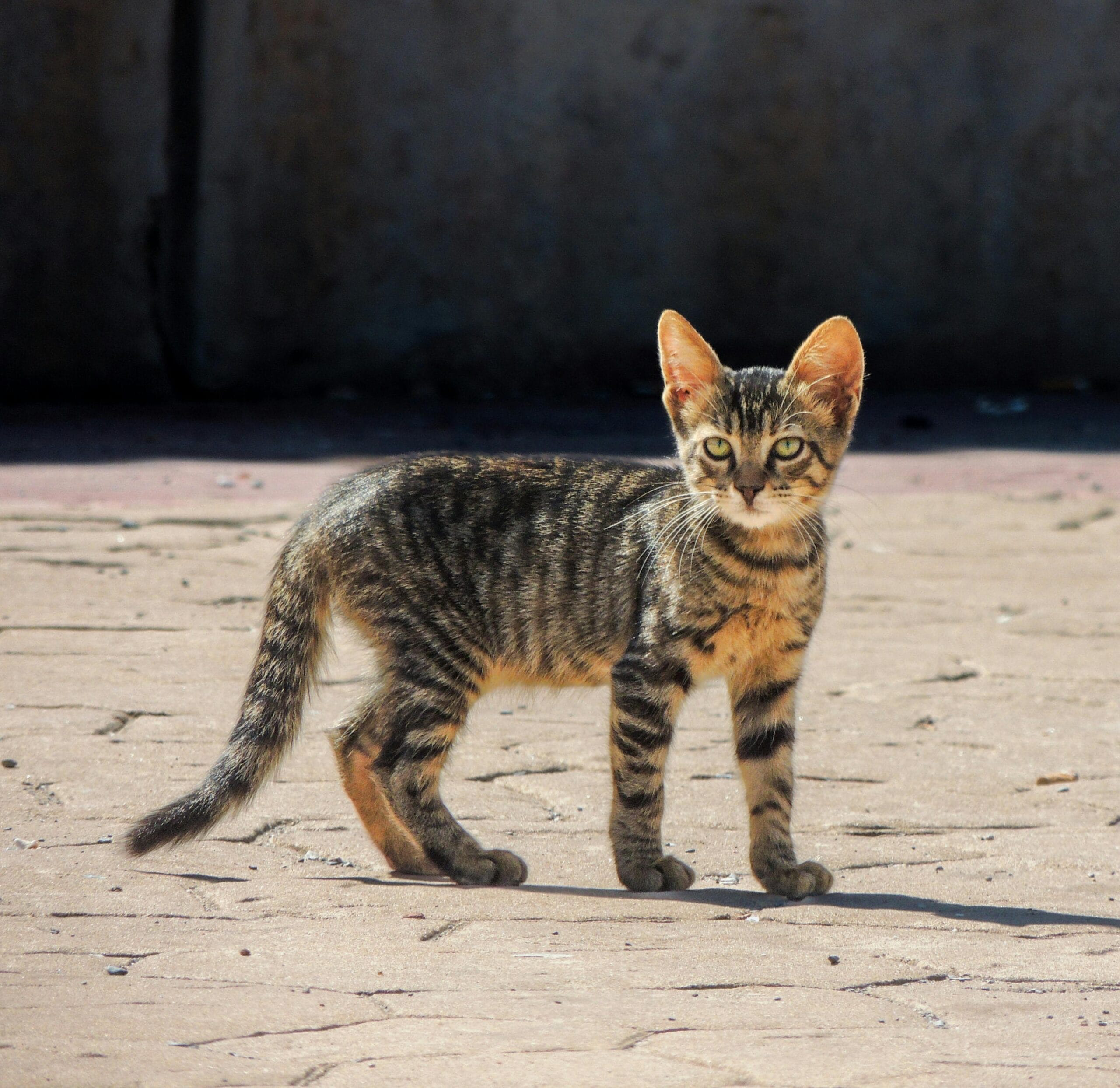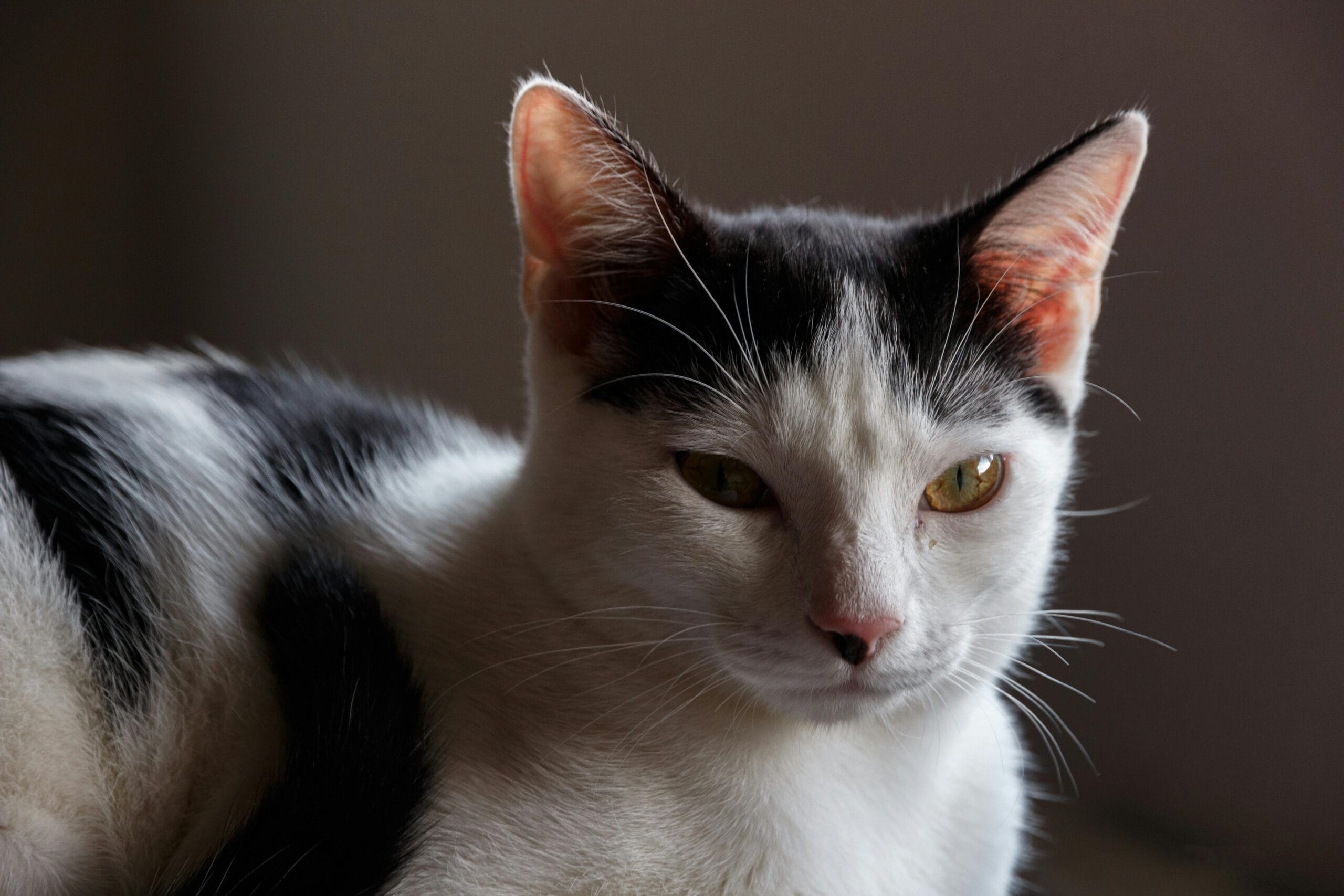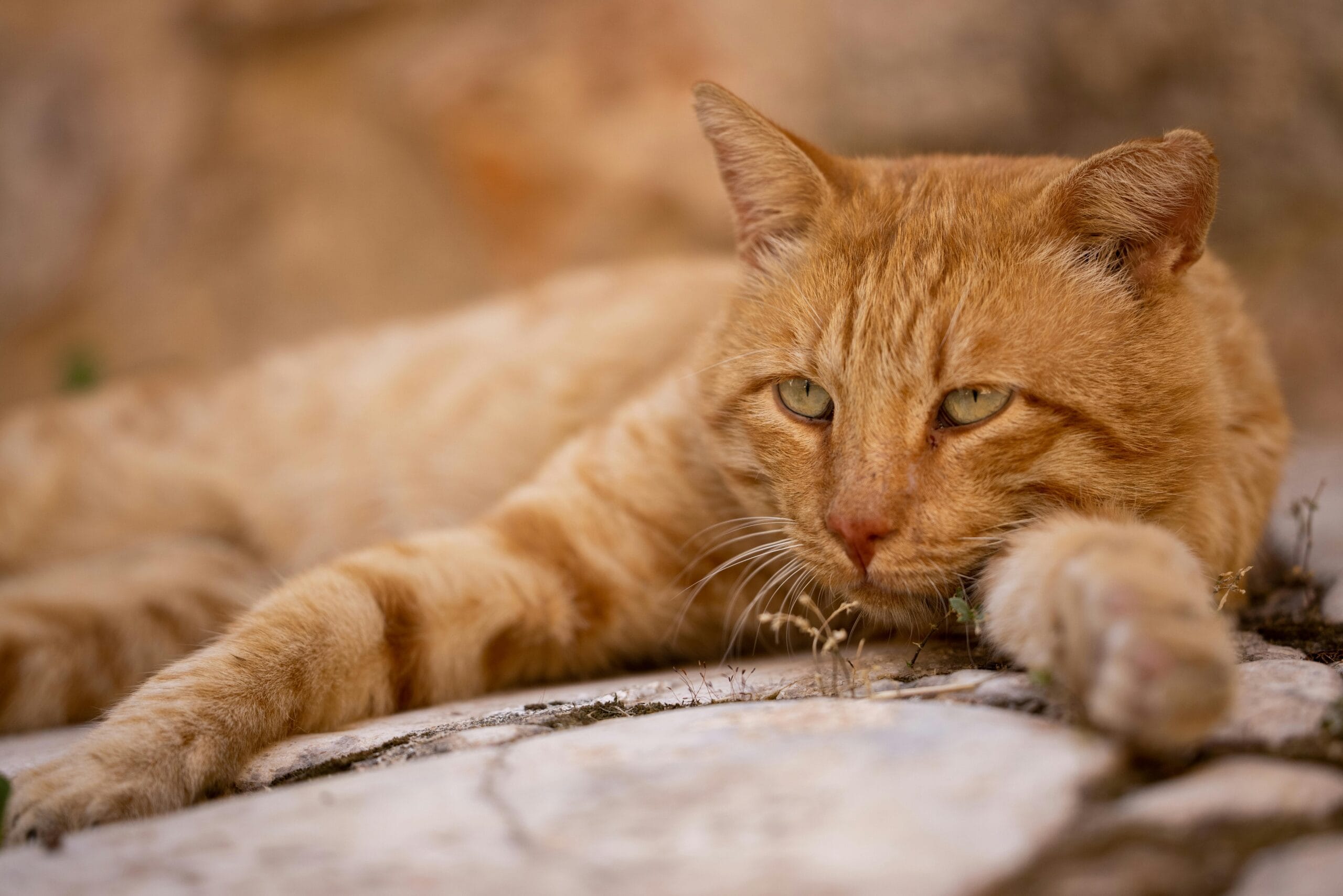Can Cats Have Pistachios ?

Can Cats Have Pistachios? Are pistachios safe for cats? Find out if cats eating pistachios is a risk. Learn the potential dangers & what to do if your cat ate pistachios! Discover the truth now!
Can Cats Have Pistachios? A Comprehensive Guide to Feline Pistachio Consumption
The question, “**Can cats have pistachios?**” is one that pops up frequently among cat owners. While the allure of a crunchy, salty snack might tempt you to share your pistachios with your furry friend, it’s crucial to understand the potential risks involved. This comprehensive guide will delve into the safety of pistachios for cats, exploring the potential benefits and dangers of feline pistachio consumption. We will address the concerns surrounding **cats eating pistachios** and ultimately answer the burning question: **are pistachios safe for cats?**
Understanding the Risks: Why Pistachios Are Not Ideal for Cats
The short answer is no, pistachios are not a suitable snack for cats. While a small amount might not cause immediate harm, several factors contribute to their unsuitability as part of a feline diet:
High Fat Content
Pistachios are relatively high in fat, particularly unsaturated fats. While some fats are essential for cats, excessive fat intake can lead to pancreatitis, a serious and potentially fatal inflammation of the pancreas. This is especially true for cats who are prone to weight gain or have pre-existing health conditions. Over time, a diet high in fat can contribute to obesity, leading to a cascade of further health issues.
Salt Content
Many pistachios, especially those that are roasted or seasoned, are high in salt. Cats have a much lower tolerance for salt than humans. Excessive salt intake can lead to sodium ion poisoning, causing symptoms such as vomiting, diarrhea, increased thirst, and even seizures in severe cases. This is another reason why **cats eating pistachios** is a concern that shouldn’t be ignored.
Potential for Choking
The size and shape of pistachios pose a choking hazard for cats. Small cats, kittens, or those with pre-existing respiratory issues are at a particularly high risk. Even if the cat manages to swallow the pistachio whole, it can become lodged in their esophagus or intestines, causing obstruction and requiring veterinary intervention.
Allergic Reactions
Like any food, some cats may have an allergic reaction to pistachios. Although less common, allergies can manifest in various ways, from mild skin irritation to severe anaphylactic shock. It’s always best to err on the side of caution and avoid introducing potential allergens into a cat’s diet.
Afatoxins
Another significant concern is the potential presence of aflatoxins in pistachios. These are toxins produced by certain molds that can contaminate nuts and seeds. Aflatoxins are highly carcinogenic and can cause liver damage in cats. While not all pistachios will contain aflatoxins, the risk is sufficient to warrant avoiding them entirely. Regularly inspecting your nuts for mold is one way to reduce this risk. Always choose high quality pistachios from reputable sources.
Are There Any Benefits to Cats Eating Pistachios?
Frankly, no. There are absolutely no nutritional benefits to giving your cat pistachios. Cats are obligate carnivores, meaning their bodies are designed to thrive on a diet primarily composed of animal protein. Pistachios, being a plant-based food, offer little to no nutritional value for cats, and their potential downsides heavily outweigh any perceived benefit. A balanced, commercial cat food specifically formulated to meet their nutritional needs is far superior to any human food, including pistachios.
What to Do if Your Cat Eats Pistachios
If you suspect your cat has ingested pistachios, the first step is to assess the situation. How many pistachios did they eat? Were they salted or roasted? The quantity and type of pistachios consumed will influence the severity of the potential consequences. For a small amount of unsalted, unroasted pistachios, your cat might experience no adverse effects. However, any significant ingestion or the consumption of salted or roasted pistachios warrants immediate veterinary attention.
Contact your veterinarian immediately or seek emergency veterinary care. They can assess your cat’s condition, determine the appropriate course of action, and provide necessary treatment. Prompt action is key in preventing or mitigating any potential complications.
Alternative Healthy Treats for Cats
Instead of offering pistachios, which offer no benefit and significant risk, opt for cat-specific treats designed to meet their nutritional requirements. Many commercial brands offer a wide variety of healthy and palatable treats. Always check the ingredient list to ensure they are safe and appropriate for your cat’s age and health condition.
You can also consider homemade treats made from ingredients like cooked chicken, fish, or even small pieces of cooked sweet potato. However, always consult with your veterinarian before introducing any new food into your cat’s diet, especially homemade treats. The ASPCA is a great resource for information on safe and nutritious foods for cats.
Understanding Your Cat’s Dietary Needs
Providing your cat with a balanced and appropriate diet is crucial for their overall health and well-being. A diet high in quality protein, moderate fat, and essential nutrients is vital. Consult with your veterinarian to determine the best diet plan for your individual cat, considering their age, breed, weight, and any pre-existing health conditions. Feeding your cat a balanced diet can prevent many health problems, thereby reducing the need for medical intervention. It’s always best to work together with your veterinarian to ensure your cat receives proper nutrition.
The Bottom Line: Are Pistachios Safe for Cats?
In conclusion, the answer is a resounding no. **Are pistachios safe for cats?** Absolutely not. The risks associated with **cats eating pistachios**, including high fat and salt content, potential for choking, allergic reactions, and aflatoxins, far outweigh any negligible benefits. Prioritizing your cat’s health means avoiding potentially harmful human foods and opting for cat-specific treats and a balanced diet tailored to their needs. By following these guidelines, you can help ensure your feline companion lives a long, healthy, and happy life.
Remember, if you have any concerns about your cat’s diet or health, always consult with your veterinarian. They are the best resource for guidance on your cat’s specific needs. A proactive approach to cat care ensures a happy and healthy pet.
For additional information on feline nutrition, you might want to check out resources such as Vets Now, a UK-based veterinary service offering valuable pet advice. They also offer a wealth of information on common cat health concerns, including dietary issues.
We’ve also found that the FDA provides detailed guidelines about pet food safety, including information on potential contaminants that could be present in human foods that are shared with pets.
Share Your Experiences!
Have you ever had a situation where your cat got into your pistachios or other human food? Share your experiences and tips in the comments below! Let’s build a community to support responsible cat ownership and ensure the health and safety of our beloved feline friends. What strategies do you employ to keep your cat from eating things they shouldn’t? Let’s learn from each other!

10 FAQs: Can Cats Have Pistachios?
1. Can cats have pistachios?
No, cats should not eat pistachios. While a small amount might not cause immediate harm, pistachios are not safe for cats and are generally considered toxic. The issue lies not only with potential choking hazards from the shells, but also with the compounds within the nut itself that can be harmful to feline digestion.
2. Are pistachios toxic to cats?
Pistachios contain compounds that can be mildly toxic to cats, causing digestive upset. While a single pistachio likely won’t cause a major emergency, regular consumption or large amounts can lead to vomiting, diarrhea, and other gastrointestinal problems. Therefore, it’s best to avoid cats eating pistachios altogether.
3. What happens if my cat eats a pistachio?
If your cat eats a single pistachio, they might experience no ill effects. However, monitor them closely for signs of vomiting, diarrhea, lethargy, or loss of appetite. If you notice any of these symptoms, contact your veterinarian immediately. Preventing cats eating pistachios in the first place is crucial.
4. My cat ate a whole handful of pistachios – what should I do?
This is a serious situation. Contact your veterinarian or an animal poison control center immediately. The ingestion of a large quantity of pistachios poses a significant risk to your cat’s health. The potential for serious digestive problems increases substantially with the amount of cats eating pistachios.
5. Are salted pistachios more dangerous for cats than unsalted ones?
Yes, salted pistachios are even more dangerous than unsalted ones. Salt is toxic to cats in high doses and can cause dehydration and electrolyte imbalances. The combination of the potentially toxic compounds in pistachios and added salt significantly increases the risk to your cat’s health. Preventing your cat from eating pistachios, especially salted ones, is essential.
6. Are pistachio shells dangerous to cats?
Yes, pistachio shells are a choking hazard for cats. They can also cause intestinal blockages if swallowed. Always keep pistachios and their shells out of reach of your feline companion. This directly impacts the safety of cats eating pistachios.
7. What are the symptoms of pistachio poisoning in cats?
Symptoms of pistachio poisoning in cats can include vomiting, diarrhea, lethargy, loss of appetite, abdominal pain, and dehydration. If you suspect your cat has ingested pistachios and is showing any of these symptoms, seek immediate veterinary attention. Understanding the risks of cats eating pistachios can help prevent these problems.
8. Is it okay to give my cat a tiny piece of pistachio?
No, it’s not recommended to give your cat even a tiny piece of pistachio. The risk, however small it might seem, isn’t worth it. Stick to cat-safe treats and foods to ensure your feline friend’s well-being. Always prioritize the safety of cats eating pistachios (or not eating them).
9. Are there any nuts that are safe for cats to eat?
While some nuts are less toxic than others, it’s generally best to avoid giving your cat any nuts. Always prioritize cat-specific treats and foods to prevent digestive issues. Researching safe treats is more beneficial than assessing the risks of cats eating pistachios or other nuts.
10. How can I prevent my cat from eating pistachios?
Store pistachios and other potentially harmful foods in sealed containers out of your cat’s reach. Clean up any dropped nuts immediately. Supervise your cat when eating near you and always keep potentially hazardous foods out of their reach. This proactive approach is the best way to ensure cats eating pistachios is never a concern.

Can Cats Have Pistachios? A Vet’s Guide
The short answer is: no, cats should not eat pistachios. While a small amount might not immediately cause severe harm, pistachios pose several health risks to felines.
Health Risks of Pistachios for Cats
Pistachios contain high levels of fat and salt, both detrimental to a cat’s health. Excessive fat intake can lead to:
- Pancreatitis: A serious inflammation of the pancreas.
- Obesity: Contributing to various health problems like diabetes and heart disease.
- Gastrointestinal upset: Including vomiting and diarrhea.
Furthermore, the salt content in pistachios can cause:
- Sodium ion poisoning: Leading to dehydration, seizures, and even death in severe cases.
- High blood pressure: Increasing the risk of kidney and heart issues.
Finally, pistachios can present a choking hazard, especially for smaller cats, or if shells are present.
Practical Tips for Cat Owners
To ensure your cat’s safety:
- Keep pistachios out of reach: Store them in sealed containers high up or in cabinets your cat cannot access.
- Supervise your cat around food: Prevent any accidental ingestion, especially during gatherings where food is readily available.
- Educate family members: Make sure everyone in the household understands the dangers of pistachios for cats.
- Choose cat-safe snacks: Offer your cat appropriate treats specifically formulated for feline nutrition.
- Contact your veterinarian immediately: If your cat ingests any pistachios, even a small amount, contact your vet for guidance.
SEO Keywords:
cats and pistachios, can cats eat pistachios, pistachios cats, are pistachios safe for cats, cat pistachio poisoning, cat food safety, cat health, feline nutrition, cat treats, toxic foods for cats